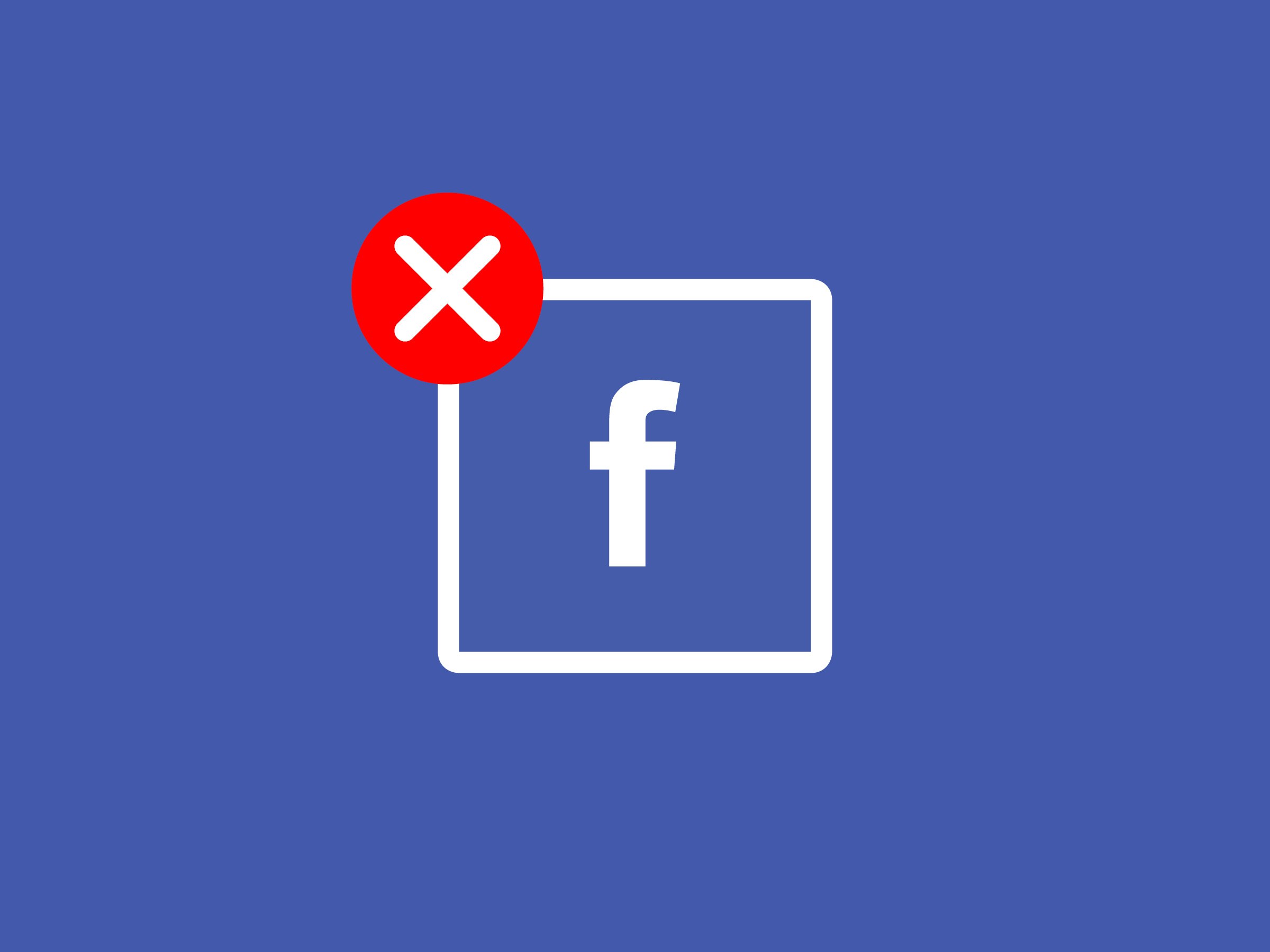Hate speech, propaganda, elimination of political dissent and human trafficking. Issues of which the giant company was aware, but did not act, according to the allegations of the investigation called Facebook Papers
Recently, Facebook has been in dangerous waters after several U.S. and European newspapers simultaneously published articles based on internal documents released by whistleblower and former employee Frances Haugen on some controversial matters concerning the company.
The leaked documents, initially known as the "Facebook Files" and later dubbed the "Facebook Papers," detail the failures of the company's leadership to curb misinformation, hate speech and violence on the site. The situation is aggravated by Facebook's alleged knowledge of these problems, which it has failed to solve sometimes due to inertia, sometimes due to a lack of technical means, but probably, the investigation claims, due to the choice of putting profit and the pursuit of engagement before the safety and well-being of users.
For more than a decade, Facebook has pushed to become the world's dominant social network However, its efforts to keep the social media platform safe and inclusive have not kept pace with its global expansion. The documents also revealed several issues related to ASEAN countries, particularly Vietnam, Myanmar and the Philippines, where social media use has grown exponentially in recent years, as has access to mobile networks. For many people in these countries, Facebook is the only point of access to information, and many consider social media posts to be real news.
One of the main aspects of the investigation concerns the fact that Facebook is largely unprepared to counter misinformation outside of the United States and a few other Western countries. In fact, if we consider that, according to an internal document cited by the New York Times, 87% of the platform's resources are dedicated to fighting misinformation in the United States, the remaining 13% for the rest of the world seems a very small figure. Like other tech companies, the social networking giant uses algorithms to flag and eventually delete content deemed harmful before it quickly spreads online, but many posts are written in local languages and dialects or feature culturally specific references that the algorithms understand with extreme difficulty. For example, until 2020 the company did not have Burmese language screening algorithms, a flaw that allowed aggressive language and incitement to racial hatred to flourish on the platform. Facebook has been accused of playing a key role in spreading racial hatred against the Rohingya minority in Myanmar when the military carried out "cleansing operations" of the ethnic group, forcing 650,000 Rohingya refugees to flee to Bangladesh due to persecution.
Vietnam also found itself involved in the Facebook Papers scandal, albeit for other reasons. According to a series of internal documents that emerged during the investigation, CEO Mark Zuckerberg allegedly gave in to the Vietnamese government's demands to censor the posts of anti-government dissidents so as not to risk losing a billion dollars in annual revenue in the country, a figure estimated by an Amnesty International report. Vietnam is one of Facebook's most lucrative Asian markets, with more than 53 million active users (over half the population). According to Huynh Ngoc Chenh, an influential blogger who works on democracy and human rights issues, the Menlo Park giant "mistreated activists by eliminating free speech, turning itself into a media tool in the service of the Communist Party of Vietnam." In response, the company said that the choice to censor is justified "in order to ensure that services remain available to millions of people who rely on them every day," according to a statement provided to The Washington Post.
But it doesn't end there. Finally, scandals have also emerged about Facebook's behavior in the Philippines, where often misleading posts and content continue to fuel the popularity of controversial President Duterte. Earlier this year, an internal Facebook report identified gaps in the detection of criminal groups using the platform for human trafficking. In fact, even though the Government in Manila has a task force committed to preventing such situations, the company's platforms are being used to recruit, buy, and sell domestic workers.






